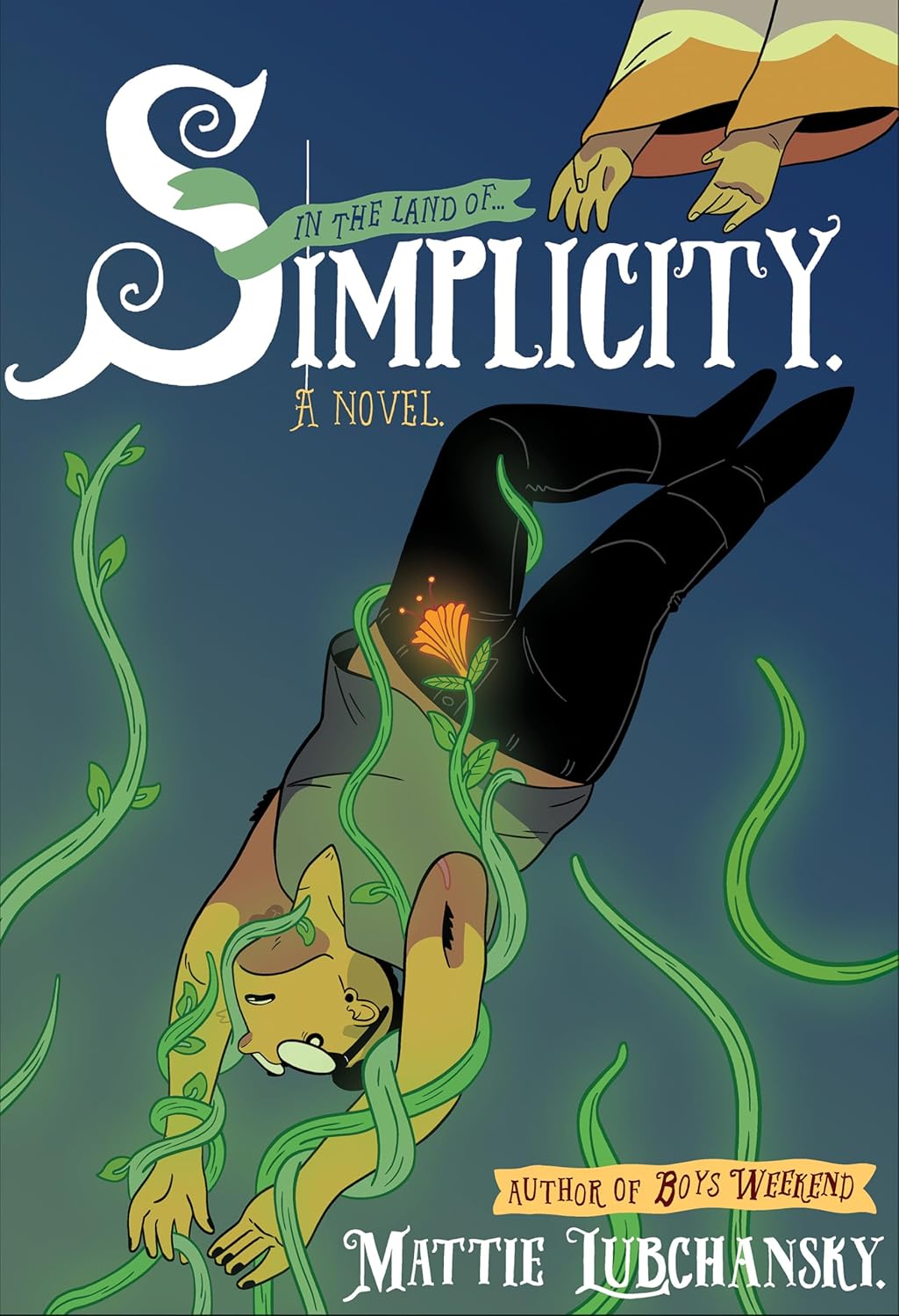
Starstrike
by YOON HA LEE
After betraying the Empire to join the rebel clanners, teen mecha pilot Hwa Young struggles with shifting loyalties, trust issues, and the fallout of leaving her best friend Geum imprisoned on the imperial fleet. As she navigates complex political intrigue and fractured relationships, Hwa Young must decide where her true allegiances lie, all while the threat of a devastating gravity bomb looms and a shocking cliffhanger sets the stage for the trilogy’s conclusion.
Reader Review Summary
Set in a space-faring future, the story follows teen mecha pilot Hwa Young and her lancer squad as they navigate the aftermath of betraying the Empire to prevent its destruction. Now aligned with the rebel clanners, Hwa Young and her comrades participate in raids against their former leaders while grappling with the consequences of their actions. The narrative alternates between Hwa Young, who is embedded with the rebels, and her best friend Geum, a technician imprisoned on the imperial fleet for aiding Hwa Young’s betrayal. Themes of shifting loyalties, trust, and the tension between biological and found family are explored, with the plot delving into political intrigue, sabotage, and the personal costs of war. The story continues directly from the events of the first book, Moonstorm, and features elements such as mental bonds with sentient mechs (“lancers”), the threat of a gravity bomb, and complex relationships among the squad and their leaders.
Readers appreciated the action-packed sequences, especially in the latter part of the book, and the development of relationships among the characters, such as the evolving dynamic between Hwa Young and her lancer, Winter. The alternating perspectives between Hwa Young and Geum provided additional depth, allowing insight into both the rebel and imperial sides. The handling of Hwa Young’s internal struggles with grief, guilt, and loyalty was noted as well-written, and the political and familial dynamics, including the relationships with her heart-mother and the Empress, added layers to the narrative. Several reviewers found the plot’s unexpected twists and the emotional impact of the cliffhanger ending to be engaging, and some felt more invested in the world and characters as the series progressed.
Some readers found the book suffered from typical issues associated with the second installment of a trilogy, describing it as a “middle book” with slower pacing and less action compared to the first. The shift to multiple narrators and a greater focus on relationships over mecha battles led to a sense of detachment for some, with Hwa Young’s passivity and internal struggles making her feel less engaged with the main plot. Others noted that the story could feel generic within the young adult genre and that the faith-based aspects and mental interactions with lancers, which were prominent in the first book, were less emphasized here. A few reviewers mentioned difficulty staying engaged, with some needing to reread sections due to wandering attention, and several cautioned that the book is not accessible without having read Moonstorm first.
The book is categorized as queer, science fiction, young adult, and space, and is scheduled for publication on August 12, 2025, by Yoon Ha Lee. It has received an average reader rating of 4.0 out of 5 from 23 ratings and 9 full reviews. The narrative sets up significant plot threads for the trilogy’s conclusion, including unresolved political intrigue, the fate of the gravity bomb, and the evolving relationships among the main characters. The story ends on a major cliffhanger, leaving readers anticipating the final installment.
Copyright ©2024 Hidden Sci-Fi






